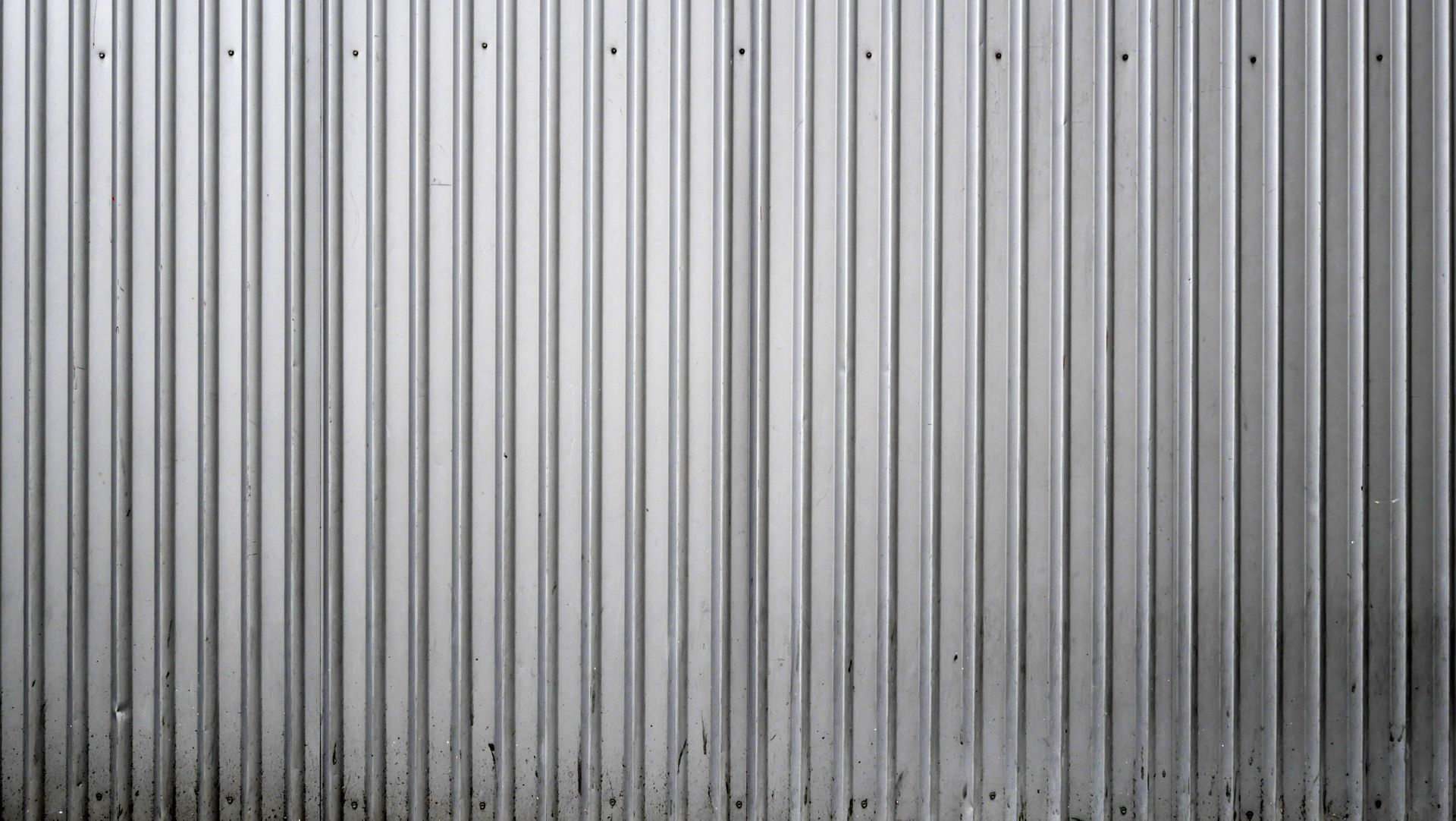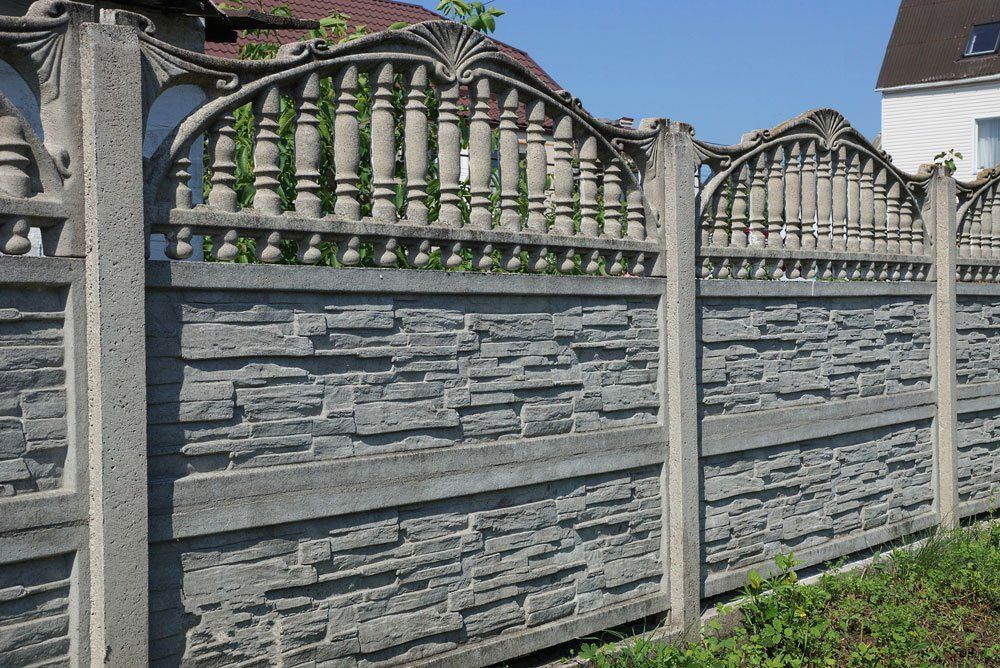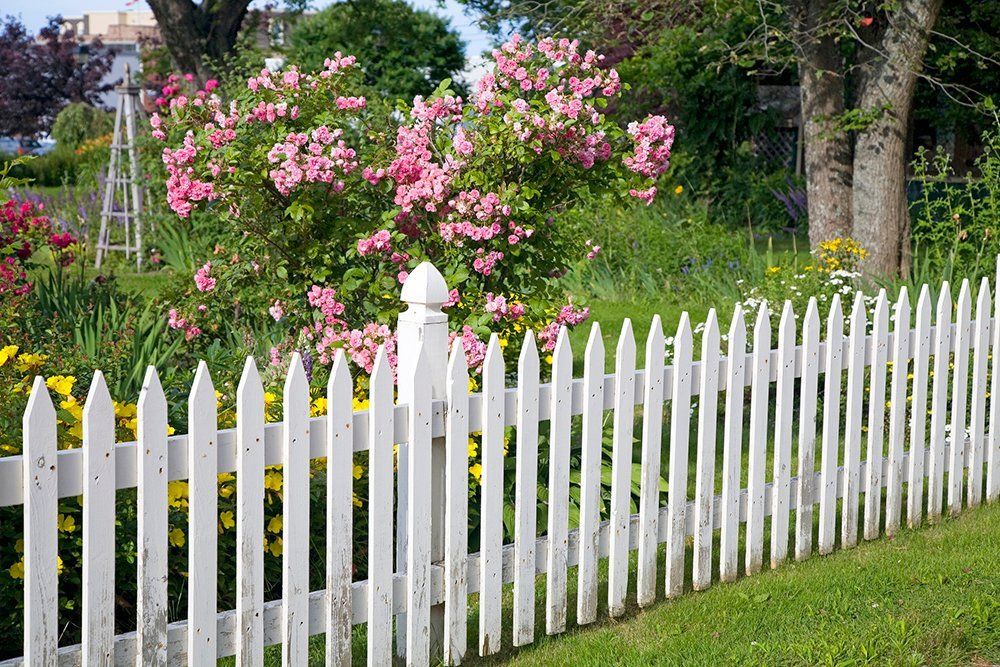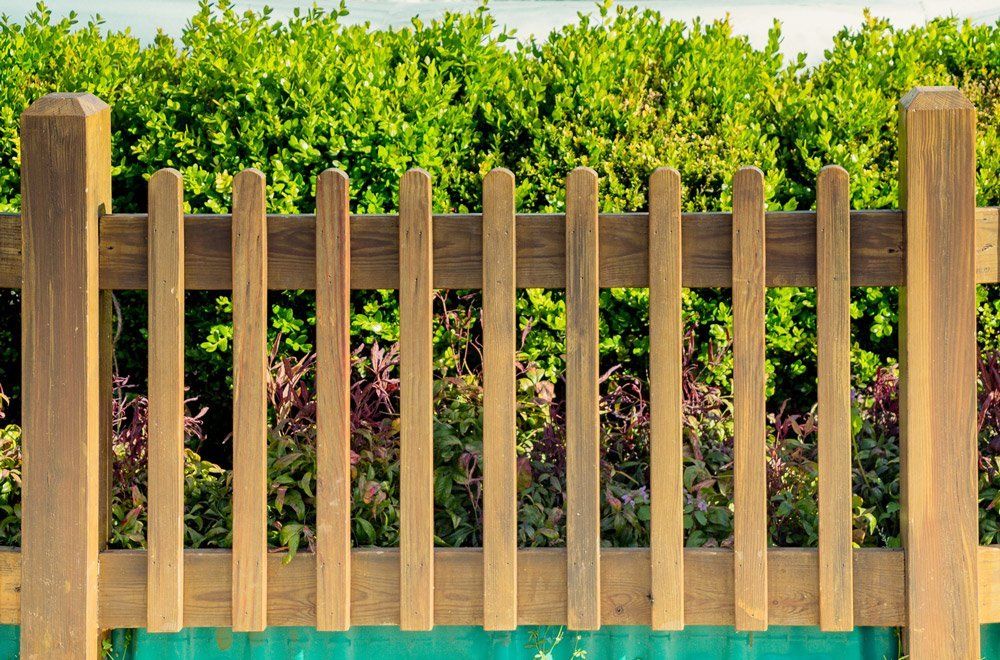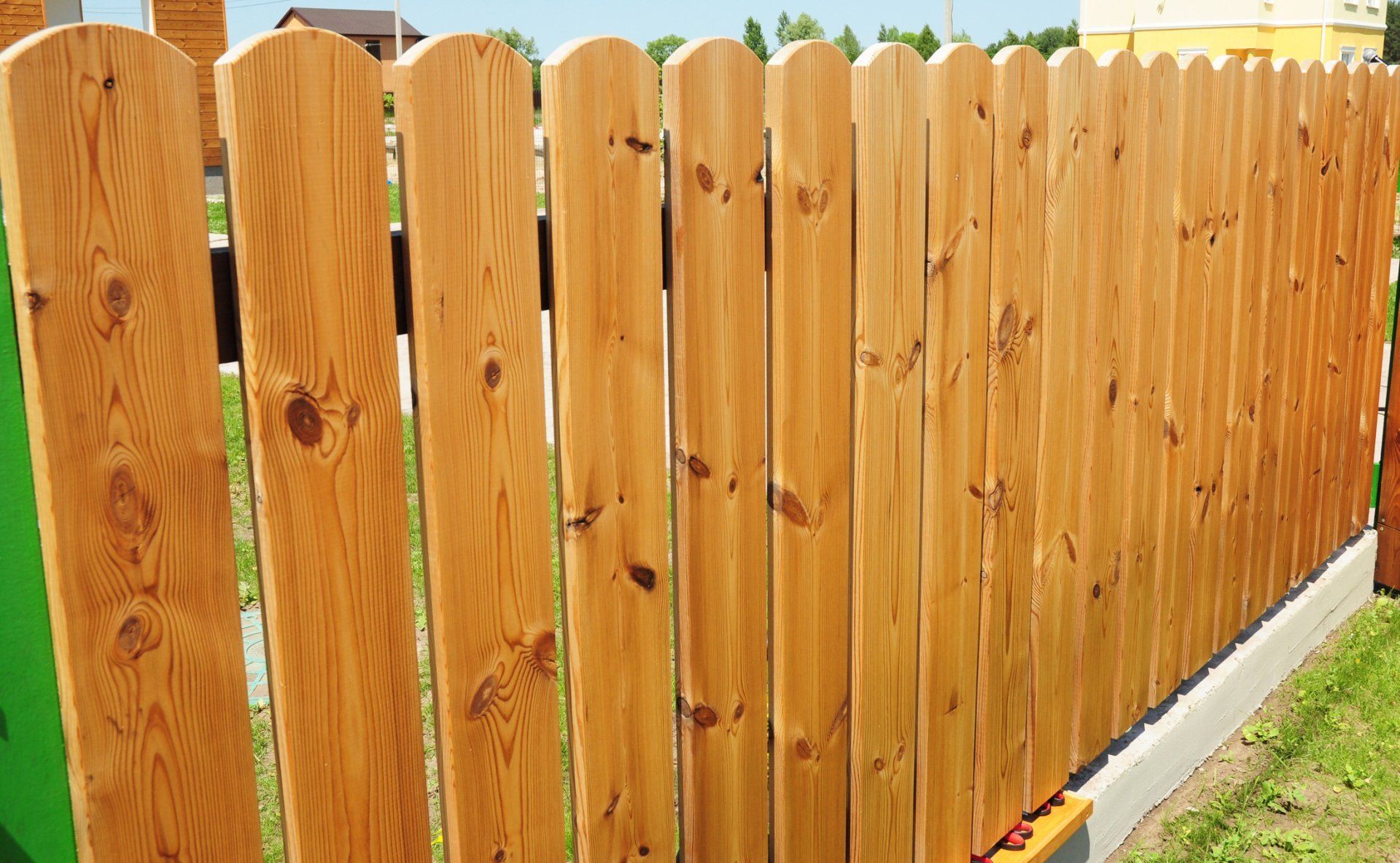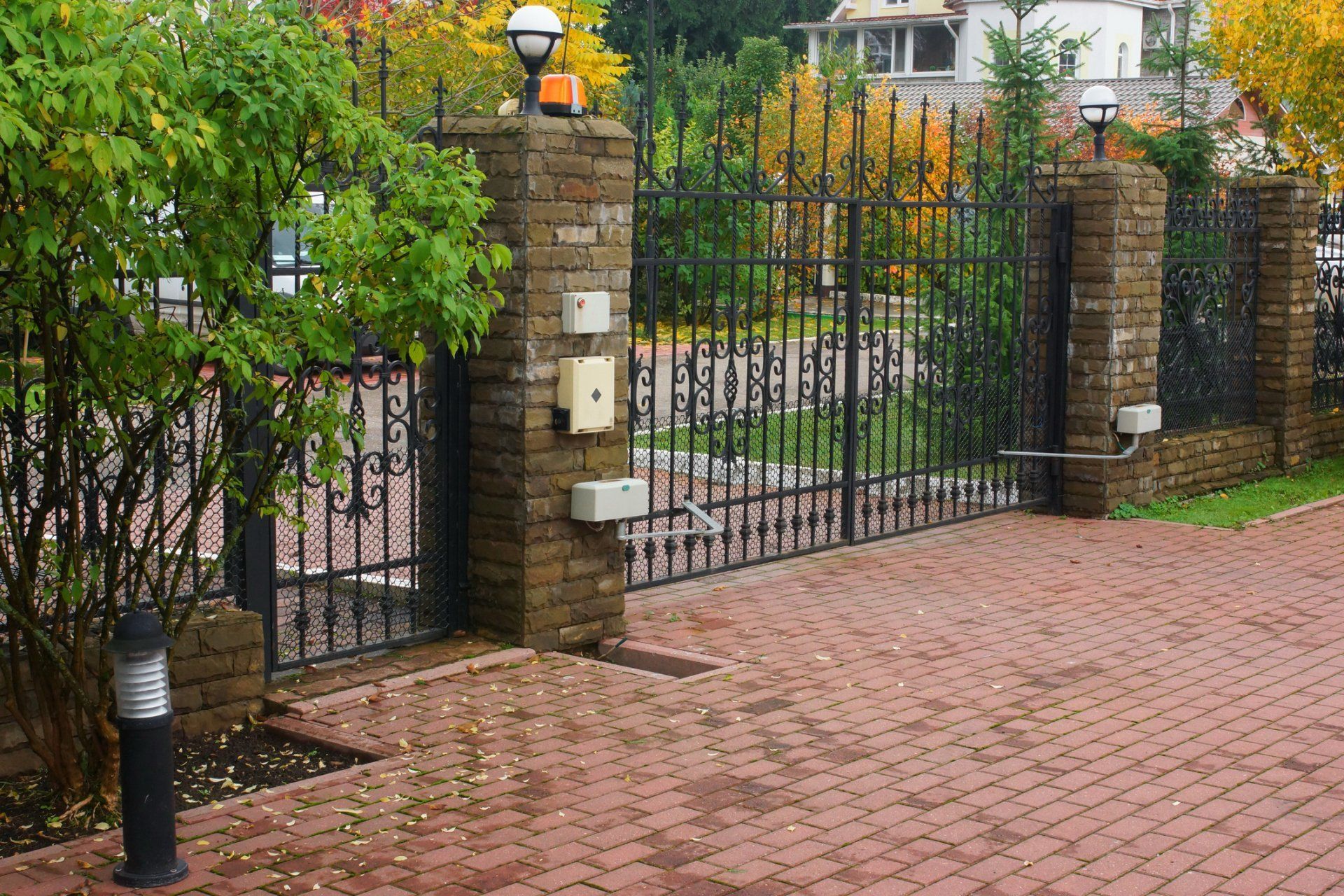5 QUESTIONS TO ASK WHEN DESIGNING A GARDEN FENCE
Admin • October 15, 2020
Your garden's fence can be crucial to protecting it from marauding wildlife, so you need to consider carefully which wildlife may cause problems in your area before building the fence. You'll also want to consider what other functions you want the fence to perform.
Here are five questions that can help you design the perfect fence for your garden.
1. Will Plants Grow up the Fence?
Since the fence will have a garden inside it, you may find the fence to be a very convenient trellis for garden plants that require support. However, the best type of fence for this purpose depends on what type of plant you're using. If the plant requires the greatest amount of sun and airflow at all times, you may prefer a wire fence.
On the other hand, if the plant requires a huge amount of structural support, a sturdy wood fence may fit the bill better.
2. Does the Fence Need to Extend Underground?
Many gardeners put up a garden fence more to protect their plants than for purely aesthetic purposes. Sneaky wild critters may be on the prowl for your plants, and some of these could dig right under an aboveground fence.
So if your area has moles, gophers, or other digging creatures, consider designing a fence that has a buried edge. A fence edge buried 24 inches
below the surface of the ground can keep moles out of your garden.
3. Do You Prefer Visibility or Privacy?
Some gardeners grow a profusion of flowers in their garden. If your garden is the showpiece of your yard, you may prefer a see-through wire fence to allow visitors and passersby to easily admire it. An additional benefit of a wire fence is that it won't throw your garden beds into the shade, but will allow them to soak up as much sunshine as possible.
However, other gardeners may prefer a higher level of privacy. Whether you like to sunbathe in your garden or whether you're worried opportunistic thieves will vandalize your vegetables, a need for privacy could mean that you'll need a taller and more opaque fence. Another way to achieve privacy would be to grow a hedge or a thick vine along the fence.
4. Will You Need Bird Netting?
If you're concerned about birds swooping down to eat your ripe strawberries, you may want to design your fence with bird netting in mind. This is a lightweight netting that doesn't block light but keeps birds from flying into your garden.
Extra-tall fence posts can give you the ability to add bird netting draped over the entire garden area without forcing yourself to duck when you want to enter.
5. Will the Fence Need to Exclude Climbing Critters?
Many gardeners also have to deal with raccoons, cats, or even neighborhood kids climbing into the garden over their fence. You can deter the kids with security cameras, but for raccoons and other critters, you may want to design a fence that's difficult to scale.
Talk to your fencing contractor about features you can use to keep out climbing critters. A roll bar (also called a coyote roller) at the top of your fence is one such option. This is simply a horizontal bar that spins freely when something tries to climb it, dislodging the critter's paw and keeping them from surmounting the fence.
These questions can help you to direct and shape the design process so that your fence turns out just the way you need it. Whether you need an ornamental garden fence, a critter-proof fence, or a fence to trellis your plants on (or all of the above), Pioneer Fence of Greenville
can help you to realize it. Give us a call today to learn more about our services.
Your driveway gate plays an important role. If you're in the market for a new driveway gate, consider one of the popular styles below.
A neglected fence may become an eyesore, but if it's made of durable material, you don't need to replace it yet. Follow these steps to spruce up your fence.
If fence installation is next on your list of home improvement projects, take a look at these questions to ask before you make a dramatic color change.
Building a new fence requires budgeting. Find out the factors that affect the cost of your fence. Some of those factors you can control to save money.


